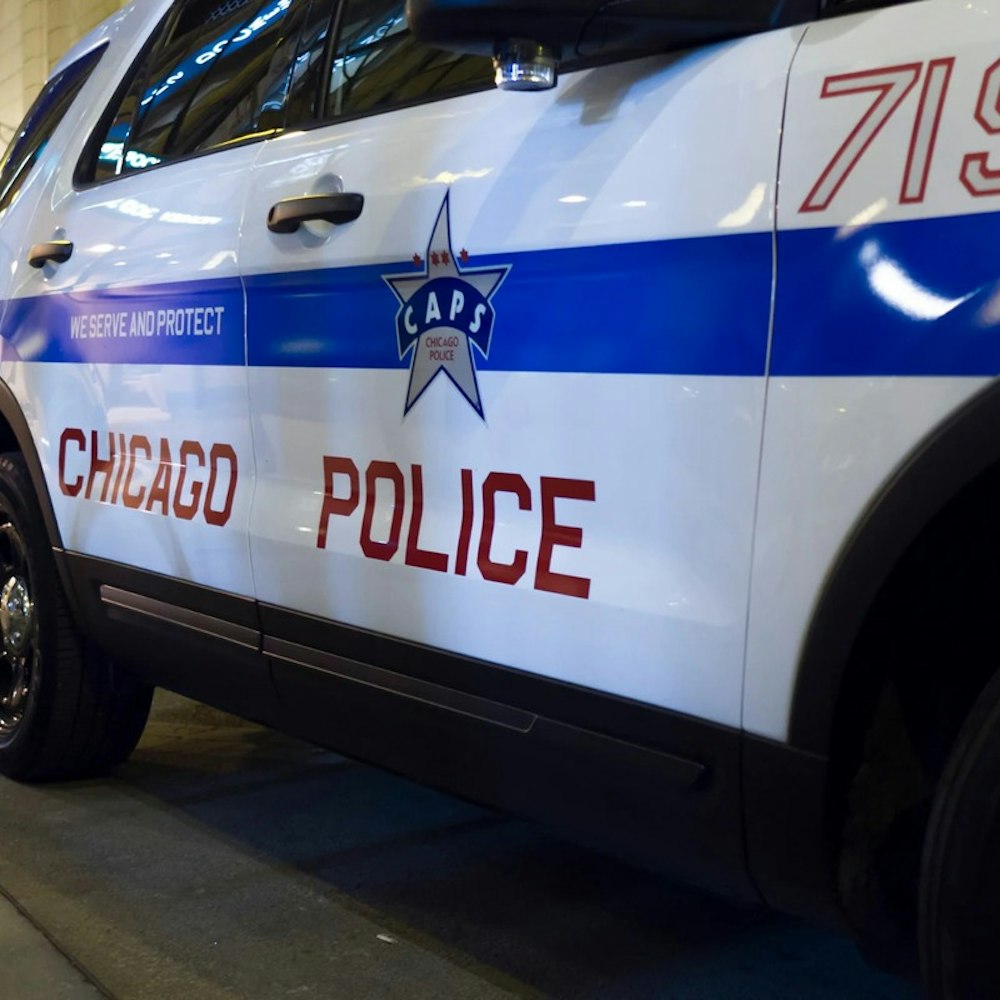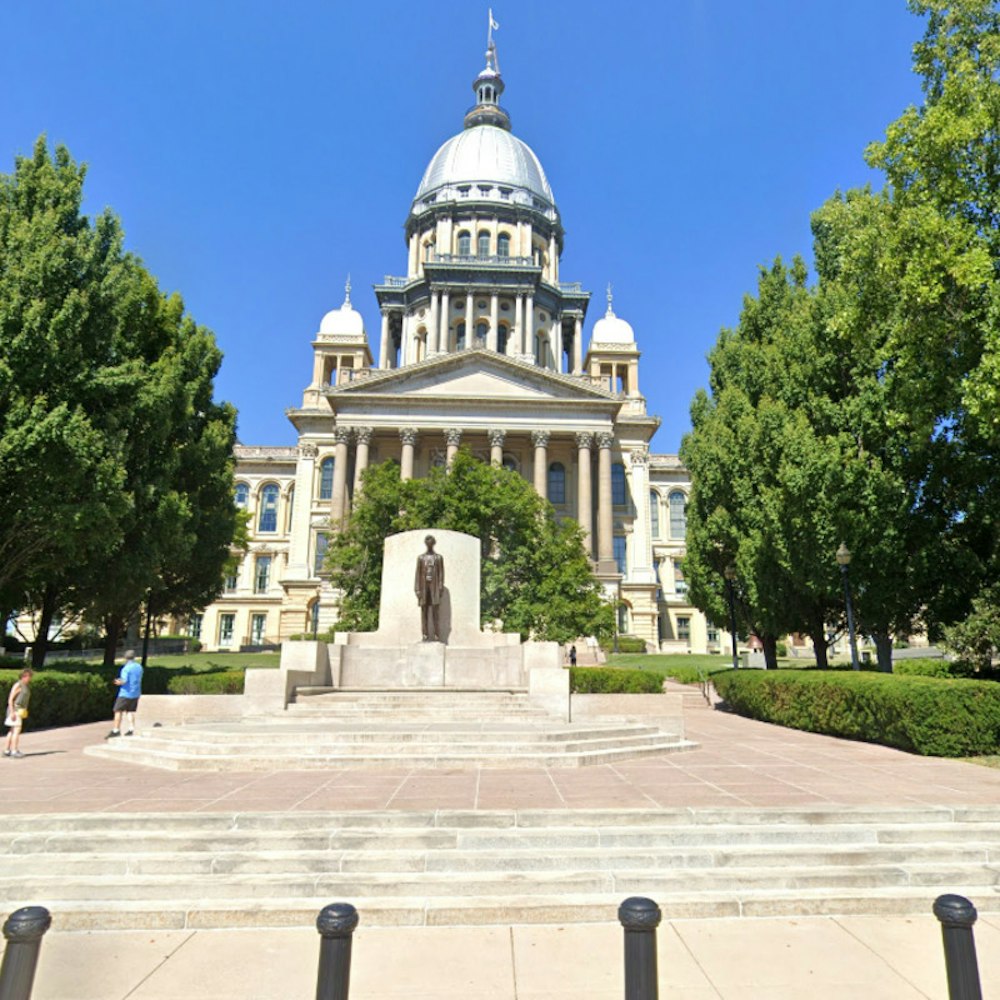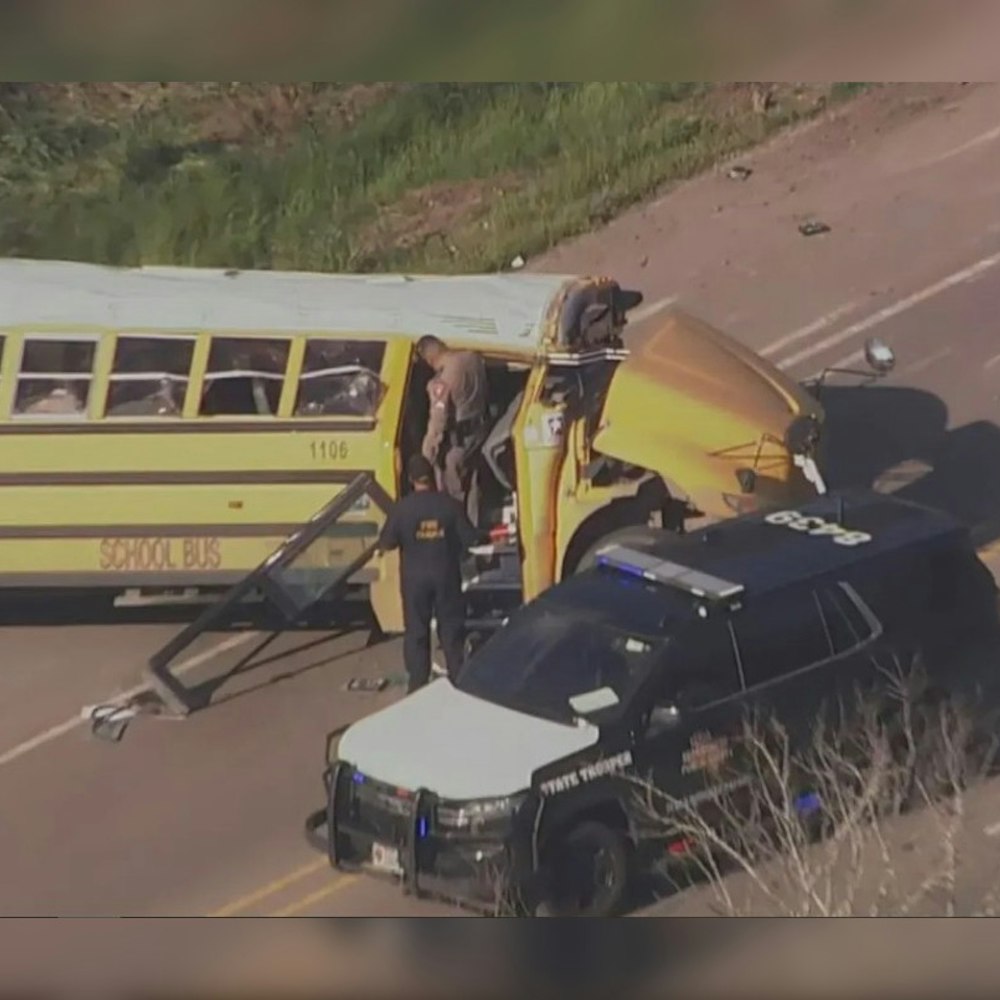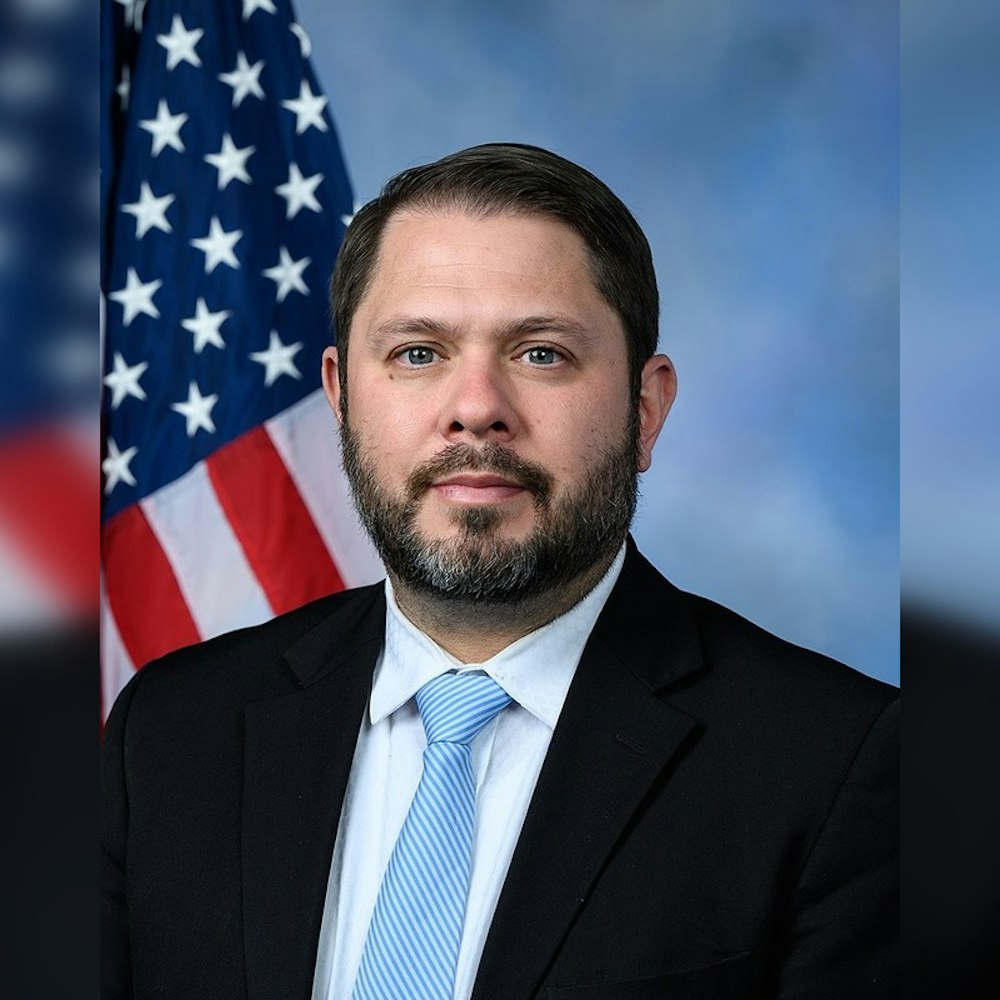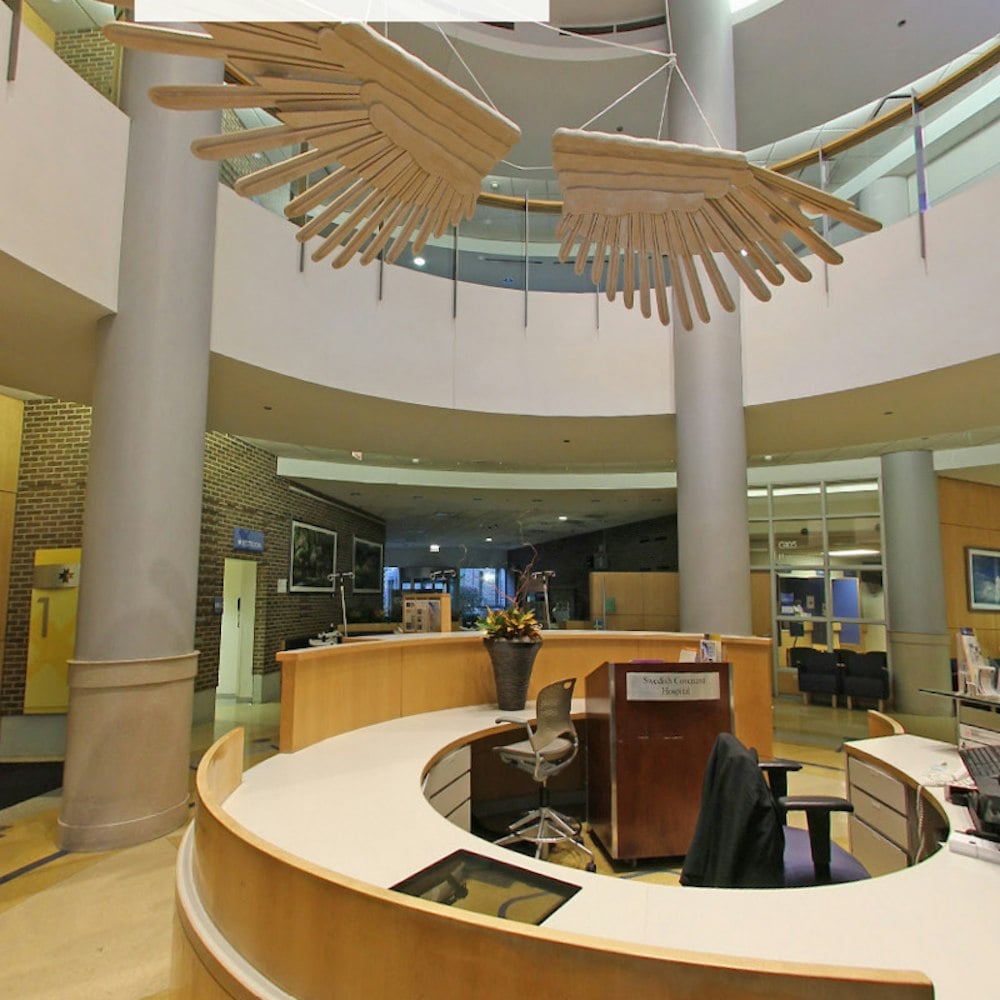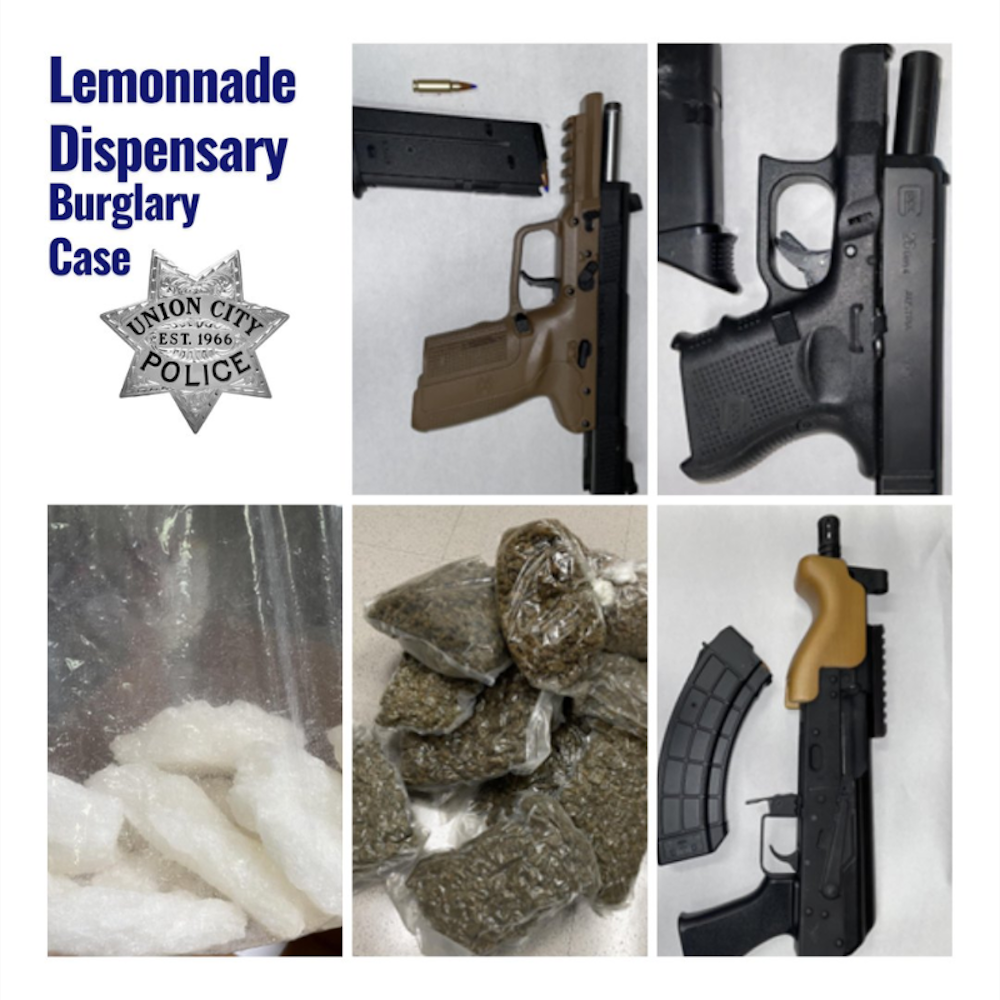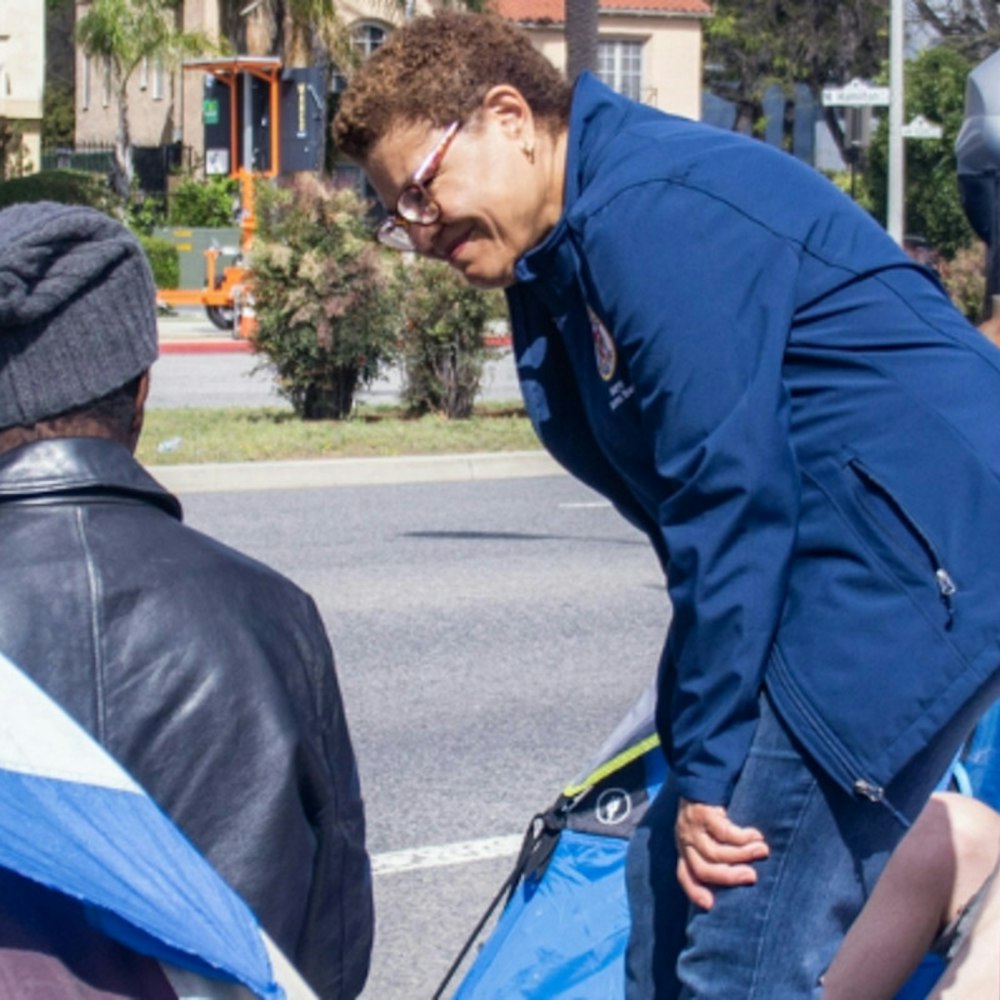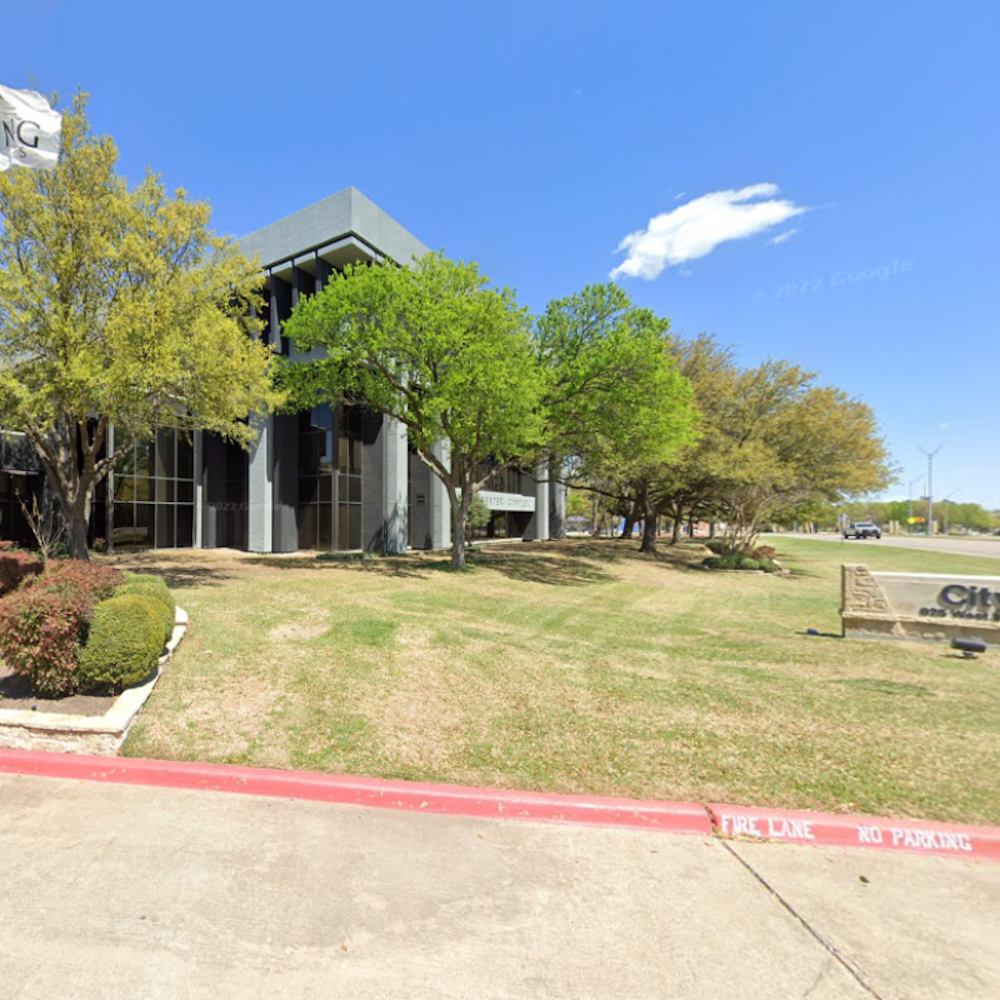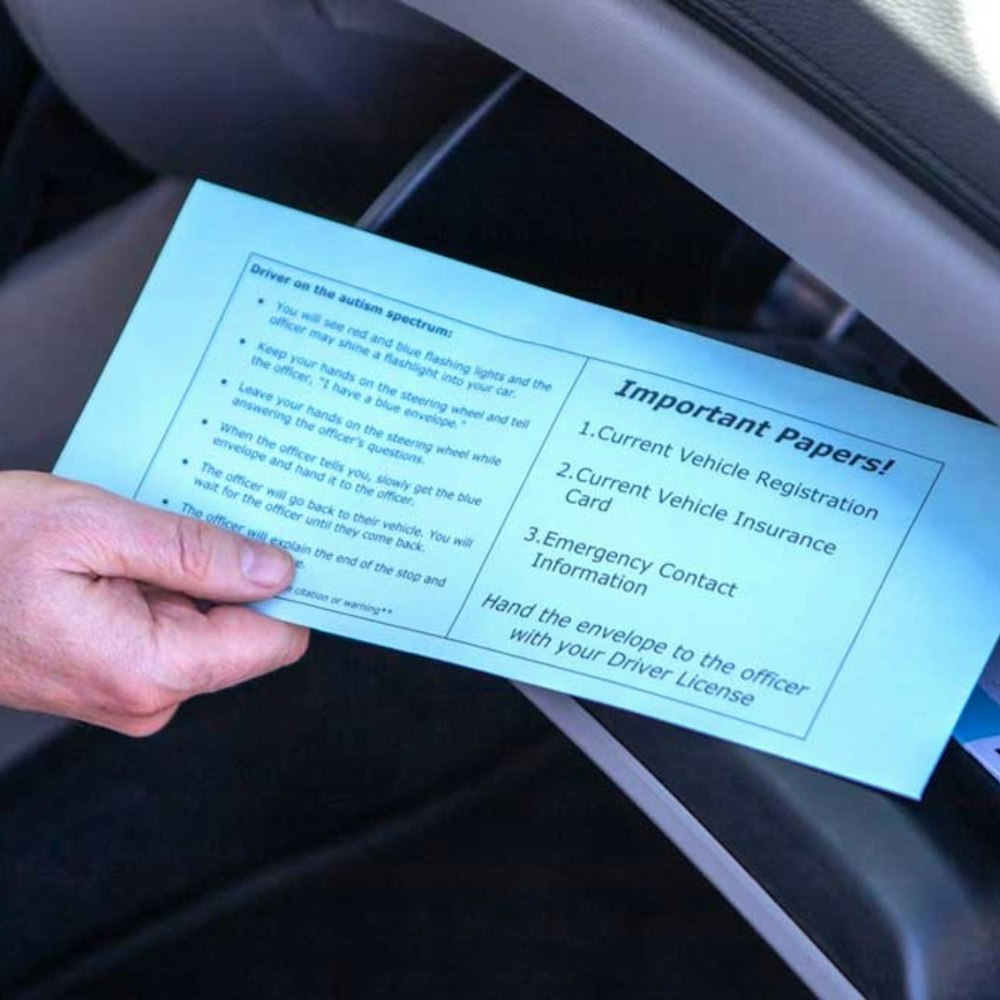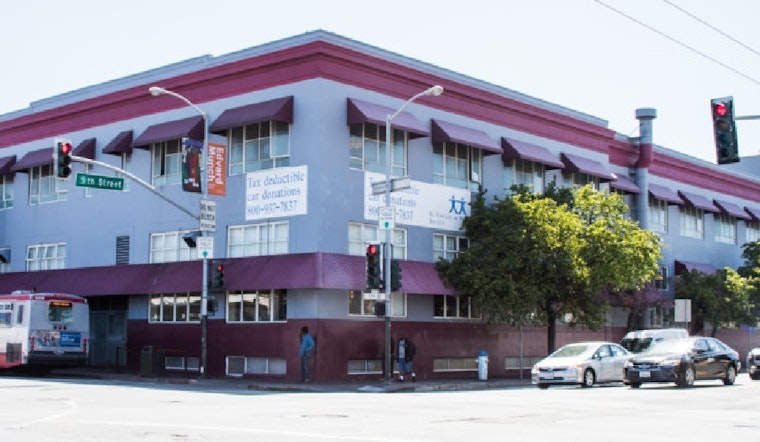
Mayor London Breed announced last Friday that a COVID-19 outbreak swept through the city's largest homeless shelters, St. Vincent De Paul's MSC South shelter on 5th Street.
With new confirmed positives coming in over the weekend, 91 total cases connected to MSC South were confirmed as of today, including 10 shelter employees.
MSC South usually has 340 people staying there. We have reduced the capacity over the past few weeks, and as of last night there were roughly 100 people remaining.
— London Breed (@LondonBreed) April 10, 2020
Overall, 70 have tested positive, including 2 staff members.
Department of Public Health director Grant Colfax said in an afternoon press conference that as of today, MSC South is closed for cleaning. It will reopen as a "medical recovery center," to serve "COVID-positive patients who do not need hospital care but for whom a hotel room is not appropriate."
All remaining residents of MSC South were moved into hotel rooms over the weekend, where they are receiving meals and social and medical support. The city is contact tracing the positive cases to try to identify other individuals and groups who were potentially exposed.
"Outbreaks like this were bound to happen," Colfax said. "This is unfortunate, but this is the situation we were preparing for."
The outbreak occurred just days after the city agreed to lease 7,000 hotel rooms for unhoused and other at-risk individuals to shelter in isolation, after weeks of calls from advocates and some members of the board of supervisors to provide more preventative sheltering options.
WE 👏 TOLD 👏YOU 👏 THREE 👏 WEEKS 👏 AGO
— Coalition on Homelessness (@TheCoalitionSF) April 11, 2020
Now unhoused people must bear the price of @LondonBreed’s decision to turn people away from thousands of vacant hotel rooms.
And that price may be their life. https://t.co/VFwPC203pu
Abigail Stewart-Kahn, director of the Department of Homelessness and Supportive Housing, said the city has 2,082 hotel rooms secured across 13 different hotels as of today. 1,202 of those rooms are for unhoused San Franciscans, and the other 800 are for first responders.
As of today, 751 unhoused individuals are sheltered in hotel rooms, 447 of them directly from the shelter system, she said. There are another 100 to 200 people currently in the process of moving into hotels today depending on how many accept the accommodations.
The city will identify new entrants based on a combination of underlying medical conditions, age, and other factors that contribute to high mortality with COVID-19, Stewart-Kahn said. They will come both from the shelter system and from encampments, SROs or the street.
But Stewart-Kahn and Colfax both cited the difficulties of implementing hotel sheltering, including transportation, providing medical and social services, and staffing.
"We have to have care for every single step in the process," Stewart-Kahn said, and "not all [candidates] are accepting."
For the city's sheltered and unsheltered homeless people, Colfax said hotel rooms were important, but just one part of a "portfolio of alternatives" for sheltering the city's unhoused individuals who can't or won't enroll in hotel sheltering.
Other alternatives include field care clinics, supplies provisioned by the city's Homeless Outreach Team, and maintaining existing congregate shelters but with less density and greater screening and testing.
